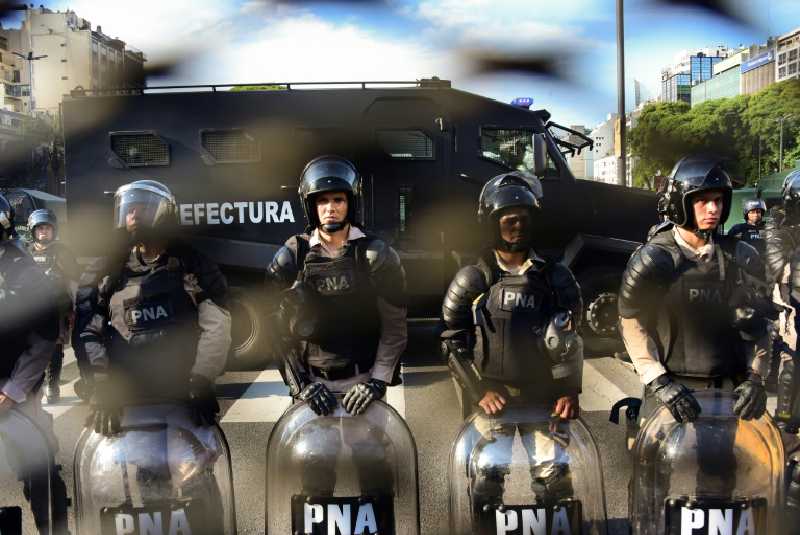×
The Standard e-Paper
Stay Informed, Even Offline

Riot police stood guard during a protest against the G20 summit, after Argentina's Security Minister Patricia Bullrich vowed there would be no repeat of violence that marred last year's G20 meeting in Germany. [AFP / Martin BERNETTI]
Tens of thousand of protesters vented their fury in crisis-stricken Argentina Friday, marching through the streets of a locked-down capital as G20 leaders met.